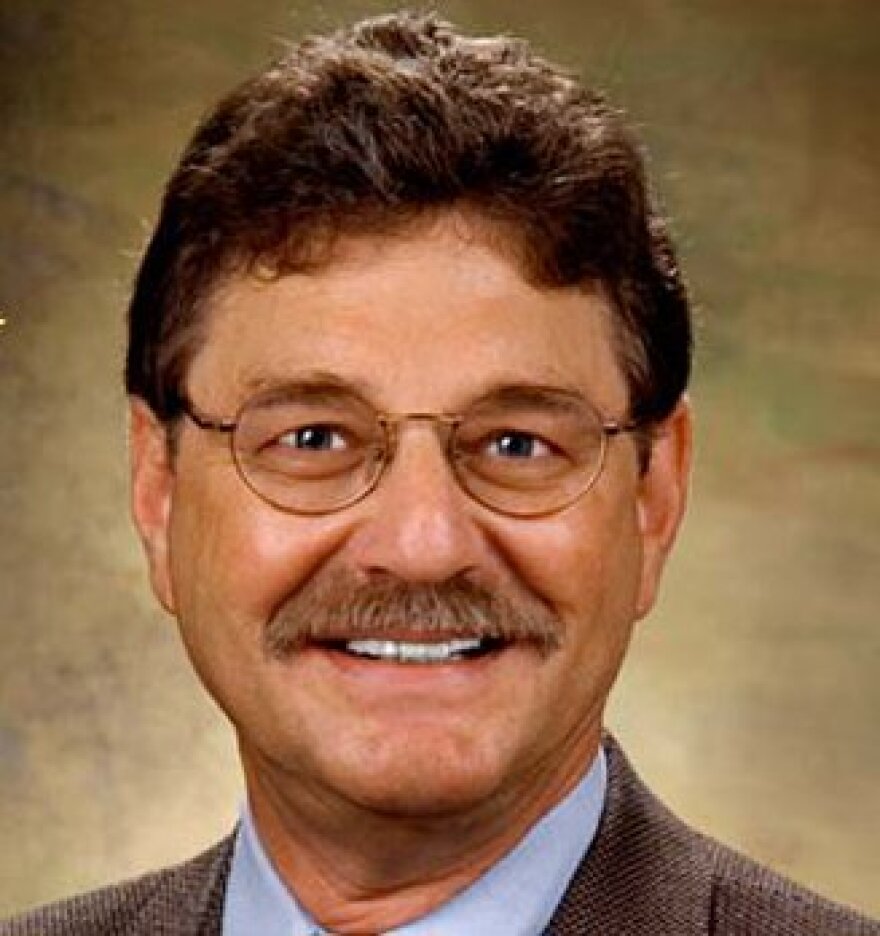One of the latest political footballs in 2014 is in the world of education and specially the new curriculum that many states have adopted, including California. But beyond the concerns of those of some on the right that Common Core is a federal takeover of education, others are asking different questions. In this edition of Valley Public Radio's commentary series The Moral Is, Fresno State Education Professor Jack Benninga says all the focus on learning process may leave some important gaps for our students.
------
California schools just completed their annual period of spring achievement testing. No longer were our students to be tested this year on the much-criticized skills-oriented assessments of the NCLB era. The new assessments claim to measure student critical thinking abilities. That is the intent of the Common Core State Assessments (CCSS). The hope is the new standards will lead to career and college readiness skills.
When first launched, there was great excitement about the new standards. Teachers would no longer focus on discrete skills in limited subjects. Rather schools could concentrate on broader concepts, and again offer music and the arts, subjects previously diminished. Rather than offering a nuanced reassessment of former practices, however, the new standards are a radical shift in emphasis.
But things have not gone smoothly for the Common Core. In April 2014, Oklahoma pulled out, repealing the standards. Oklahoma joined 8 other states in reversing its membership in the Common Core. Four states never joined the bandwagon, and Public Broadcasting’s News Hour reports that at least a dozen other states are considering repeal.
Most cite misgivings about Federal involvement in educational policy. Constitutionally, education is the purview of the states, and conservatives say the national standards rob the states of the right to set their own standards. Suspiciousness abounds.
But one criticism that deserves to be taken more seriously is the limited breadth of the annual testing under the Common Core. It’s a truism in education that anything tested will be taught, and essentially, under the Common Core, areas other than English and mathematics will be given secondary status. For example, the sublimation of history/social sciences under English ensures that students primarily will be asked to understand and produce text, and how to distinguish meaning, and points of view. Clearly, these are important skills for students; but the content through which these skills are encouraged will be left to individual teachers. Some teachers may include a study of foundational American documents and understandings, and some may not. The content of what is taught in the Common Core is not as well determined as are its processes.
So, the new standards are a radical shift. In 2013 we were a nation where students were drilled and tested on discrete skills and content; this year the emphases are on analysis, evaluation, and creation.
It would seem that much more synthesis of expectations could be expected from our professional education establishment. We’ve been experimenting with the educational process for a very long time. To witness this radical shift in expectations for students in one year—and to have it encouraged by the educational establishment—suggests that after over 2000 years of experience with differing methods of youth education, the “experts” still can’t agree how to proceed rationally.
Jonathan Swift once quipped: “There is nothing constant in this world but inconsistency”. Would that be not so when it comes to the education of our children.




